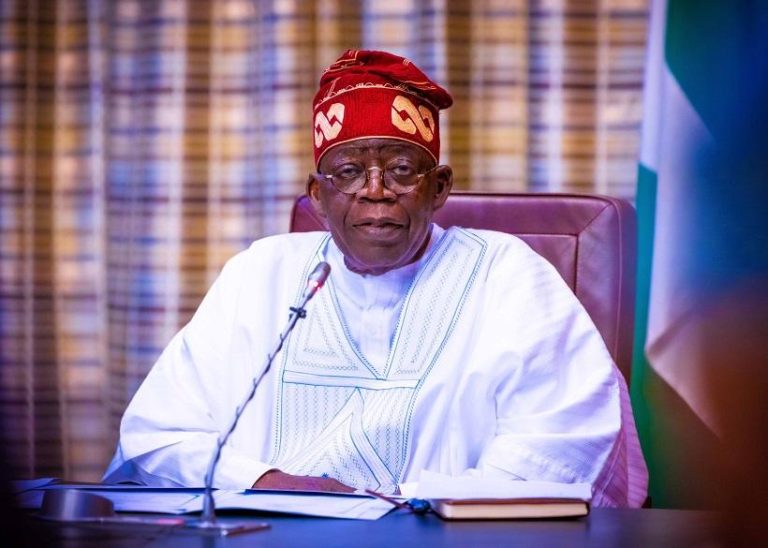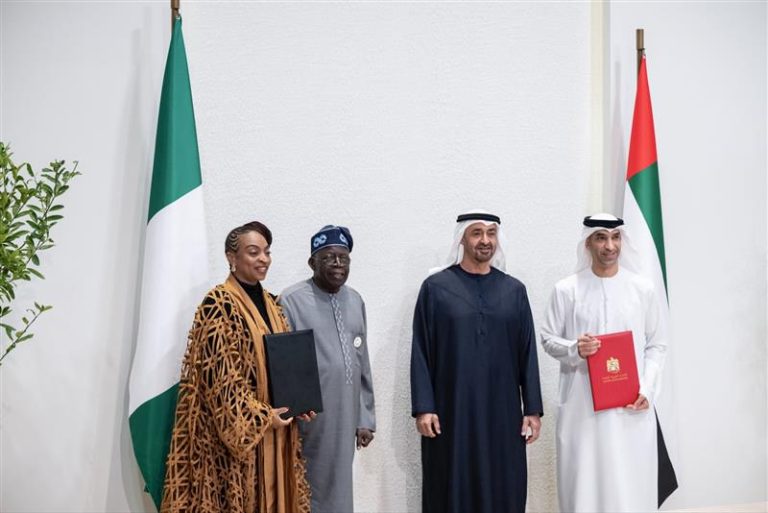
The Group Chief Executive Officer of the Nigerian National Petroleum Company Limited (NNPCL), Bayo Ojulari, has expressed confidence that Nigeria’s crude oil production will reach the 1.8 million barrels per day (bpd) benchmark by the end of the year.
Speaking to reporters after briefing President Bola Tinubu in Lagos on Sunday, Ojulari said recent turnaround maintenance activities in August and September are beginning to yield results, with production expected to ramp up in the coming weeks.
“We are hoping that before the end of the year, we should be clocking at least 1.8 million barrels per day,” Ojulari stated.
Production Losses from Dangote-PENGASSAN Dispute
Ojulari also addressed the recent industrial action by the Petroleum and Natural Gas Senior Staff Association of Nigeria (PENGASSAN) against the Dangote Refinery, following the controversial dismissal of over 800 Nigerian workers.
The five-day strike which was suspended after federal intervention had severe consequences:
- Over 200,000 barrels per day in crude oil production was deferred
- Gas supply disruptions impacted power generation
- An estimated 1.2 megawatts of power was affected
“Whenever there is a strike and critical staff are not available, it is almost impossible to sustain production. We lost significant output,” Ojulari lamented.
Federal Government’s Role in Resolution
The strike was suspended after a September 30 intervention by the Office of the National Security Adviser (NSA), Nuhu Ribadu, and the Minister of Labour, leading to the recall of sacked workers and a formal communique between parties.
Ojulari praised the government’s mediation:
“The Federal Government, through the Minister of Labour and support from the NSA, brought everyone to the table. We are hopeful all parties will honour the agreement,” he said.
He added that NNPCL is working to fully restore deferred production, with most operations already returning to normal, though a few areas are still catching up.
Context and Outlook
The push toward 1.8 million bpd comes amid broader government efforts to stabilise the energy sector, improve foreign exchange inflows, and meet OPEC+ obligations.
If achieved, this target would mark a significant recovery from past production shortfalls driven by pipeline vandalism, underinvestment, and labour disputes.



